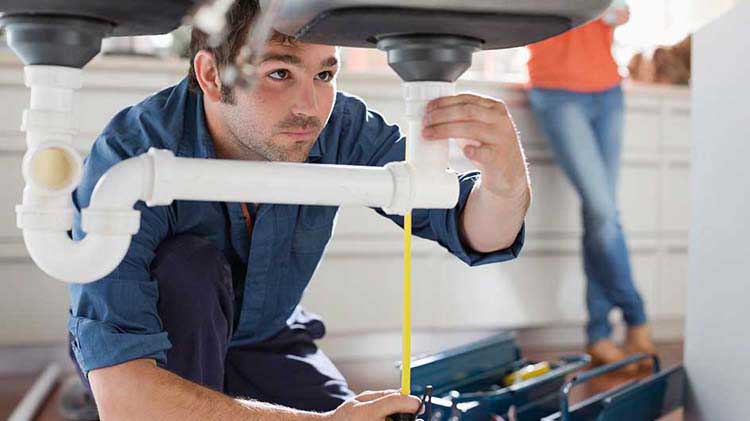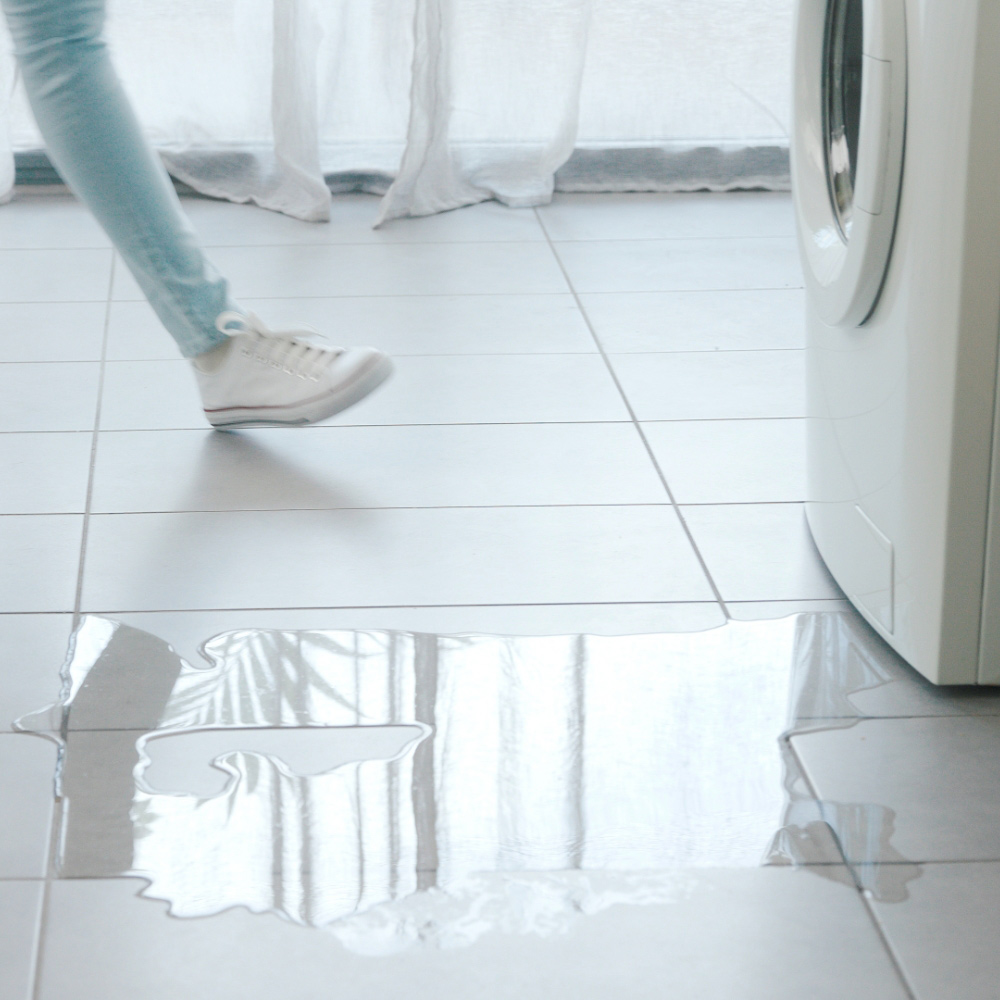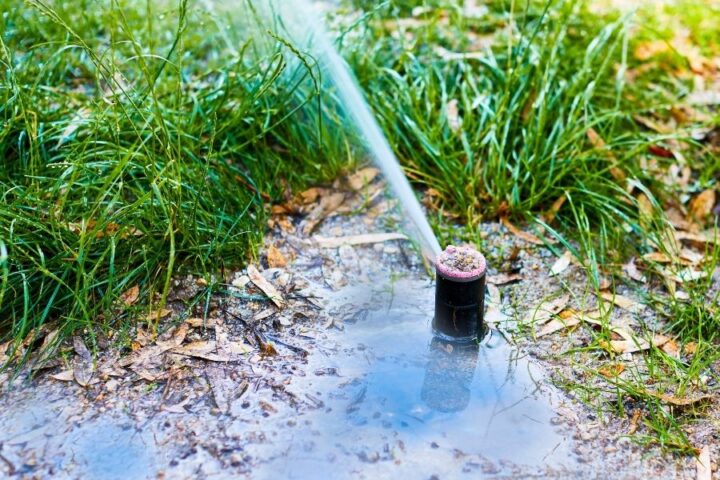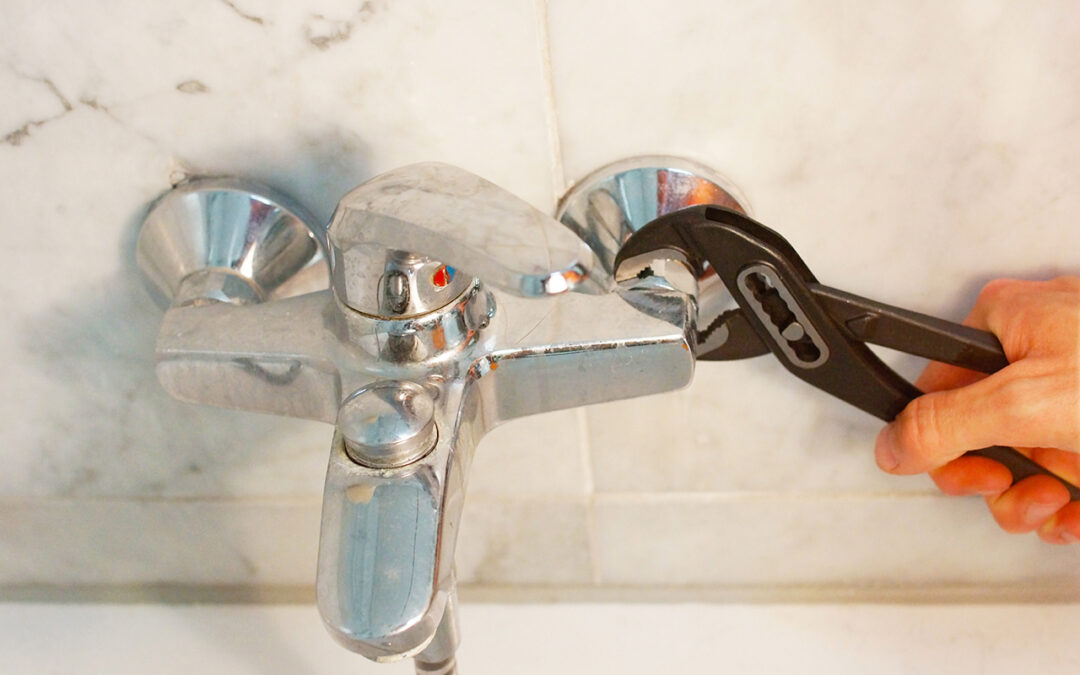Top Tips for Preventing Leaks in Your Home or Business
Leaking pipes, fixtures, and appliances can cause significant damage to your home or business, leading to costly repairs and operational downtime. Fortunately, many leaks are preventable with the right knowledge and strategies. This guide offers top tips for maintaining your property’s plumbing health, ensuring a dry, safe, and secure environment.
Introduction to Leak Prevention
Preventing leaks in your home or business isn’t just about avoiding water damage; it’s about preserving your property’s value, ensuring safety, and saving on water bills. Understanding the common causes of leaks and addressing them proactively can significantly reduce the risk of unexpected water issues.
Regular Maintenance is Key
Inspect Pipes and Plumbing Regularly
 Routine inspections of your plumbing system can identify potential problems before they escalate. Look for signs of corrosion, cracks, or leaks. In older properties, consider a professional assessment to evaluate the condition of pipes and recommend upgrades if necessary.
Routine inspections of your plumbing system can identify potential problems before they escalate. Look for signs of corrosion, cracks, or leaks. In older properties, consider a professional assessment to evaluate the condition of pipes and recommend upgrades if necessary.
Know Your Water Pressure
High water pressure can stress your plumbing system and lead to leaks. Use a pressure gauge to monitor your water pressure, and install a pressure regulator if necessary to maintain safe levels, typically between 40 and 70 psi.
Replace Old and Brittle Pipes
Materials like polybutylene and galvanized steel are prone to failure. Replace old or deteriorating pipes with more durable materials, such as copper or PVC, to reduce the risk of leaks.
Preventative Measures for Appliances and Fixtures
Regularly Check Appliance Hoses and Connections
 Appliances like washing machines and dishwashers are common sources of leaks. Inspect hoses and connections for wear and replace them every 3-5 years or sooner if they show signs of deterioration.
Appliances like washing machines and dishwashers are common sources of leaks. Inspect hoses and connections for wear and replace them every 3-5 years or sooner if they show signs of deterioration.
Install Water Leak Detection Devices
Leak detectors can alert you to the presence of water where it shouldn’t be, allowing for quick action. Consider smart detectors that can send alerts to your phone for real-time monitoring.
Seal and Caulk to Prevent Water Intrusion
Water can seep through cracks and gaps in your property’s exterior, leading to leaks and water damage. Regularly inspect the sealing around windows, doors, and where pipes or wires enter your home or business, and reapply caulk as needed.
Landscape and Exterior Maintenance
Direct Water Away from Your Property
Ensure that your property’s landscaping slopes away from the foundation to prevent water from pooling against your home or business. Clean gutters and downspouts regularly to ensure proper drainage.
Maintain Trees and Roots
Tree roots can grow into pipes, causing leaks. Keep trees well maintained and consider barrier products if roots pose a risk to your plumbing system.
Be Mindful of Seasonal Changes
Protect Pipes from Freezing
 In colder climates, frozen pipes can burst, leading to significant leaks. Insulate pipes in vulnerable areas and consider using heat tape to keep them warm during extreme cold.
In colder climates, frozen pipes can burst, leading to significant leaks. Insulate pipes in vulnerable areas and consider using heat tape to keep them warm during extreme cold.
Adjust Practices for Summer
In warmer months, increased usage and outdoor activities can strain your plumbing system. Be vigilant for leaks during this time, especially in outdoor faucets and sprinkler systems.
Educate Your Household or Team
Foster Leak Awareness
Educate everyone in your home or business on the importance of conserving water and preventing leaks. Knowing how to spot signs of a leak and how to respond can empower your family or team to act quickly.
Establish a Response Plan
Have a clear plan in place for responding to leaks, including how to shut off the water and who to contact for repairs. Quick action can minimize damage and restore operations faster.
When to Call Professionals
While many preventive measures can be undertaken without expert help, there are times when a professional plumber’s skills are necessary. This includes replacing old pipes, addressing persistent leaks, or installing complex systems like whole-property leak detection.
Conclusion
Preventing leaks in your home or business requires vigilance, regular maintenance, and a proactive approach to property management. By implementing these top tips, you can protect your property from the costly and disruptive effects of water leaks. Remember, an ounce of prevention is worth a pound of cure, especially when it comes to maintaining a dry and secure environment.
FAQs
- How often should plumbing systems be inspected for leaks?
- Annual inspections are recommended, but monitoring for signs of leaks should be an ongoing activity.
- What’s the most common cause of leaks in homes and businesses?
- Wear and tear on pipes and fixtures, high water pressure, and damage from tree roots are among the most common causes.
- Are smart water leak detectors worth the investment?
- Yes, they provide real-time alerts to potential leaks, often preventing significant damage and saving on repair costs.
- Can leaks increase my water bill?
- Absolutely. Even small leaks can waste a significant amount of water, leading to higher bills.
- What should I do if I find a leak?
- Shut off the water supply to the affected area, clean up any standing water to prevent damage, and call a professional if the repair is beyond your ability.
Want to speak with a leak detection expert? Click the link below to book your leak detection inspection now.





